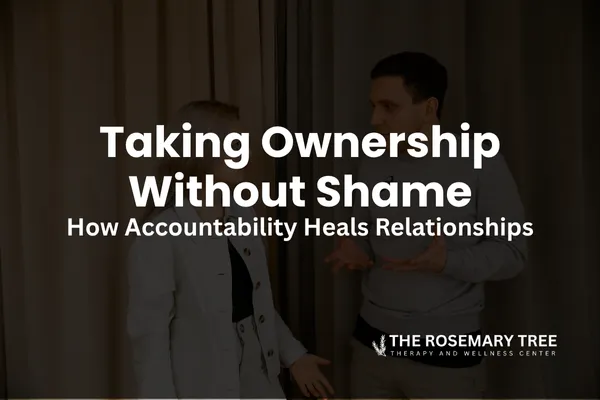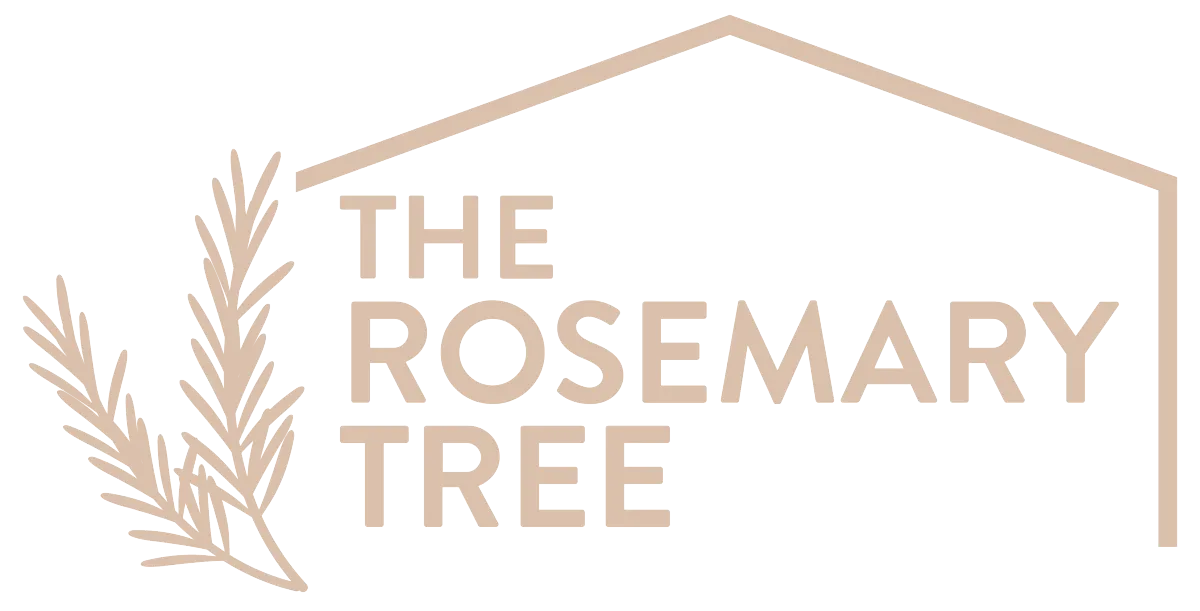
Taking Ownership Without Shame: How Accountability Heals Relationships
The Shift From Blame to Healing
After betrayal, many couples get stuck in a painful loop of blame. The betrayed partner wants understanding and ownership. The partner who caused harm feels consumed by guilt or shame. Conversations become tense, repetitive, and emotionally charged.
But true repair cannot grow in the soil of shame. Healing begins when accountability becomes balanced, when both partners learn to take ownership of their part in the healing process, without blame or defensiveness.
As we explored in Creating a New Kind of Intimacy Together, rebuilding trust and closeness requires both people to take steady, right-sized responsibility for creating emotional safety again.
Why Shame Blocks Healing
Shame convinces us that we are the mistake, not that we made one. When shame takes over, it leads to hiding, avoidance, and withdrawal, the very patterns that keep couples disconnected.
The partner who betrayed often feels trapped in self-hatred, afraid to show vulnerability or make repairs. The betrayed partner may internalize the pain as inadequacy, wondering if they were not enough. Both stay stuck in silence.
Accountability, by contrast, creates movement. It is rooted in honesty, empathy, and a willingness to learn. When we shift from shame to responsibility, healing can begin.
What Accountability Actually Looks Like
Accountability is not about self-punishment. It is about ownership, consistency, and care. It sounds like:
“I understand how my actions affected you.”
“I take responsibility for what happened, and I am committed to change.”
“I know trust will take time, and I will keep showing up.”
For the betrayed partner, accountability may sound like:
“I am sharing what I feel instead of shutting down.”
“I will tell you when I need space instead of withdrawing completely.”
“I am learning to trust again slowly, with your help.”
Each person’s accountability looks different, but both matter.
The Role of Shared Responsibility
Healing is not just about who caused the betrayal. It is about how both people respond afterward. The person who broke trust must lead in repair, but both must participate in rebuilding.
The betrayed partner takes responsibility for their healing journey, allowing themselves to feel, express, and eventually forgive at their own pace. The partner who caused harm takes responsibility for rebuilding safety, staying present, listening, and following through.
This shared balance turns the relationship from a battlefield into a team effort.
Tying Accountability to Intimacy and Attachment
As we saw in Rebuilding Desire - When Love and Fear Coexist, intimacy returns when safety is rebuilt. Safety, however, depends on accountability. When both partners own their emotional patterns, the avoidant tendencies, the defensiveness, or the fear, the nervous system begins to relax.
Accountability is the bridge between emotional safety and intimacy. It shows each partner that change is not only possible, but already happening.
How Accelerated Outcomes Therapy Supports This Growth
In traditional weekly therapy, couples often struggle to maintain consistent accountability. There is rarely enough time to unpack complex emotions, practice repair, and integrate new tools before the hour ends.
Our Accelerated Outcomes Therapy Intensives provide the depth and space needed for true accountability to take root.
During an intensive, couples can:
Explore the impact of actions without blame or shame
Practice communication that promotes empathy and ownership
Learn to repair ruptures in real time
Build a framework for accountability that lasts beyond therapy
Reconnect emotionally in an environment of safety and trust
These intensives are designed for couples who are ready to move beyond guilt and toward genuine change.
When Accountability Feels Heavy
It is normal for responsibility to feel uncomfortable at first. You may worry that taking ownership will open old wounds or confirm fears. But accountability is not punishment — it is power. It is the choice to stop letting the past define the future.
Every time one of you takes ownership with compassion, you invite the other to feel safe again. Accountability transforms guilt into growth, silence into connection, and pain into purpose.
Final Thoughts
Healing after betrayal is not about deciding who is right or wrong. It is about deciding to heal together. Accountability without shame is the foundation for that process, a practice of honesty, empathy, and consistent care.
If you are ready to move from guilt to growth and begin taking shared ownership of your healing, we would love to help. You can reach out to us here, and our team will connect with you to talk about what this process could look like. There is no pressure, only care and a space to begin healing together with guidance and clarity.


